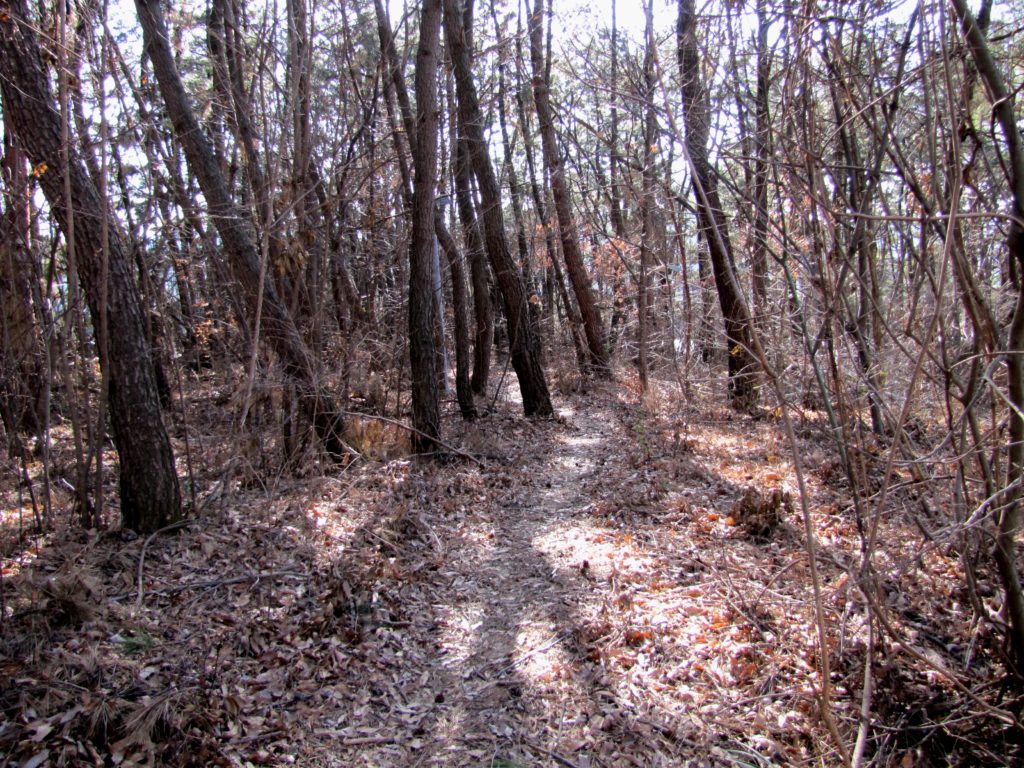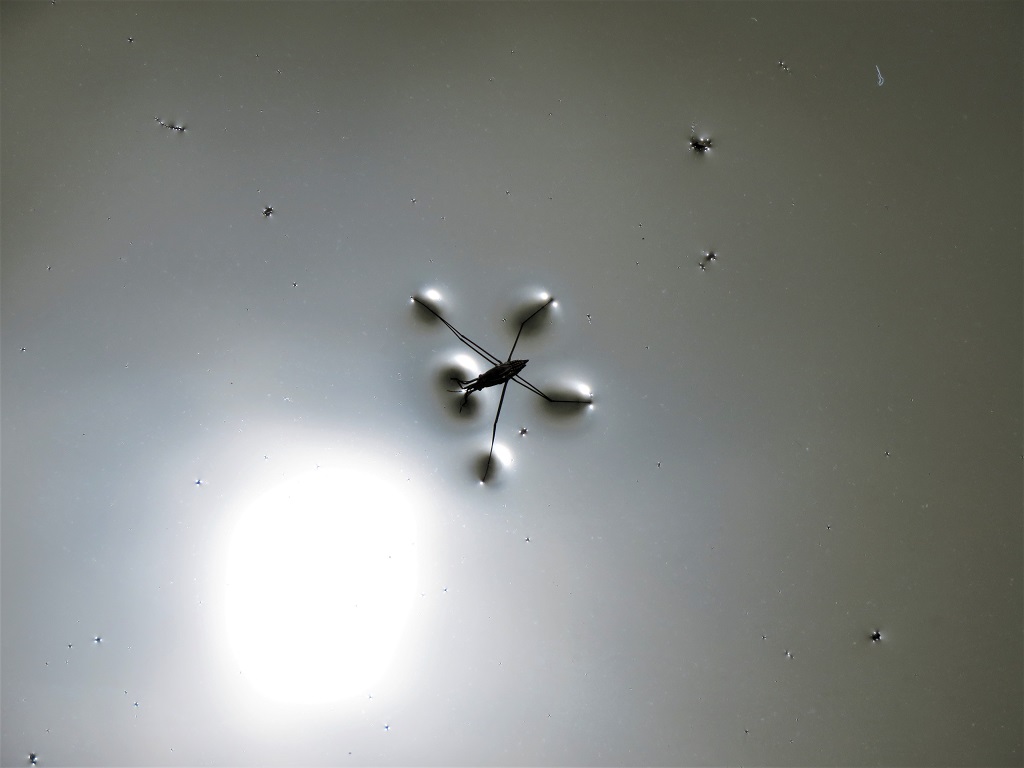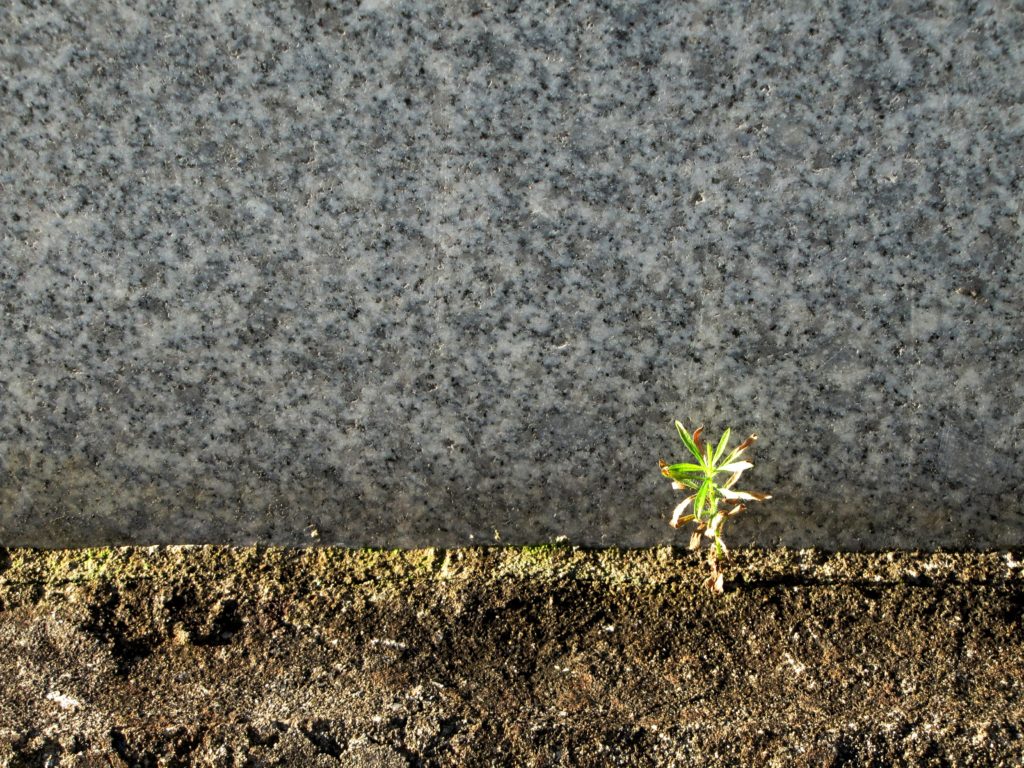You Are Living Through It
An Orwellian entity called the European Court of Human Rights has declared that duly elected governments which pursue paths of fiscal responsibility and rational restraint with regard to the neo-Marxist demands of climate activists are by definition guilty of violating human rights, such rights now implicitly including the right to have one’s society and economy micromanaged by unfettered climate communists. In Scotland, it is...








